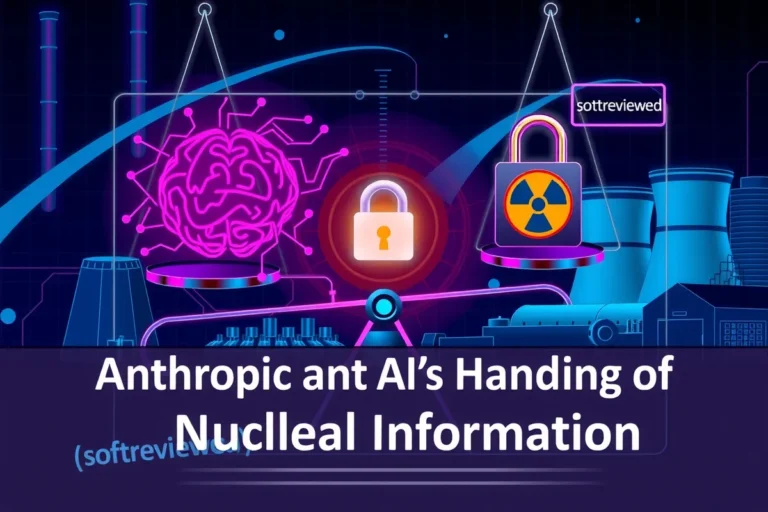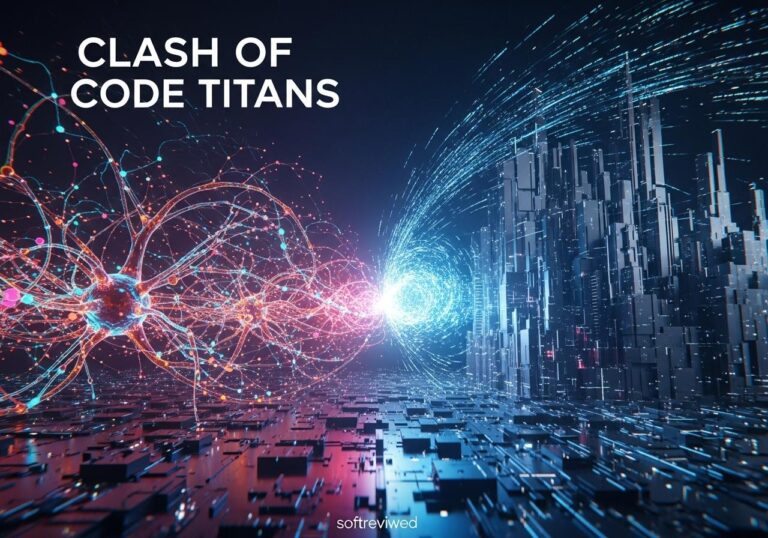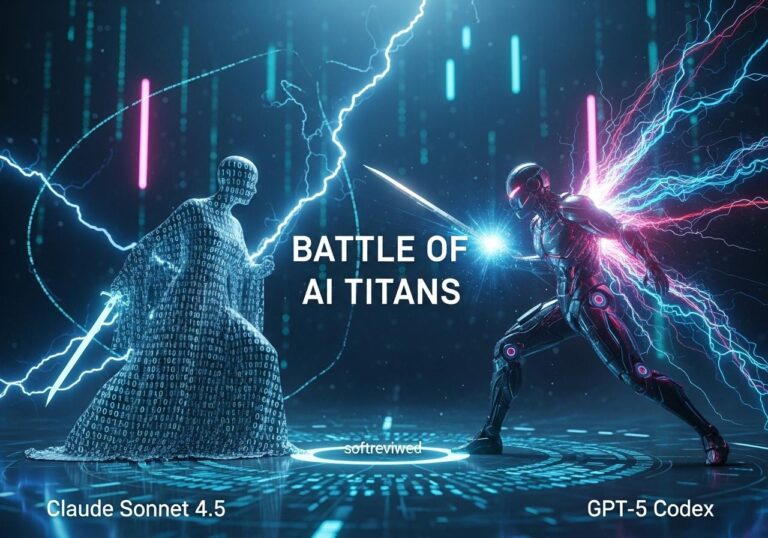🔒 Anthropic’s Government Partnership for AI Security
A groundbreaking collaboration to enhance AI safety and protect sensitive nuclear information
🤝 Government Partnership
Anthropic partners with the US Department of Energy to prevent AI models from leaking sensitive nuclear information.
🔐 Security Testing
Rigorous testing of Claude 3 Sonnet to identify vulnerabilities and strengthen national security measures.
☢️ Nuclear Safety Focus
Testing ensures AI models cannot assist in creating nuclear weapons or accessing harmful nuclear applications.
👥 Multi-Party Collaboration
Joint effort between Anthropic, Department of Energy’s NNSA, and AWS to leverage combined expertise.
🛡️ AI Safety Enhancement
Aligns with President Biden’s initiative for AI safety assessments in classified settings.
📊 Knowledge Sharing
Security assessment findings will be shared with scientific labs and organizations to promote independent testing.
In a groundbreaking collaboration, artificial intelligence company Anthropic has partnered with the US Department of Energy's National Nuclear Security Administration (NNSA) to evaluate how AI systems handle sensitive nuclear information. This pilot program, which began in April and runs through February, marks a significant step in assessing the potential risks and benefits of AI in national security contexts.
The Pilot Program: Testing AI's Boundaries
Anthropic, known for its advanced AI model Claude, has been working closely with the NNSA to "red team" its latest AI system, Claude 3 Sonnet. Red teaming is a process where experts attempt to find vulnerabilities or weaknesses in a system, simulating potential adversarial actions. In this case, the focus is on determining whether the AI model could be manipulated to divulge sensitive information about nuclear energy, particularly details that could be used for nefarious purposes like weapons development.
The program involves testing Claude 3.5 Sonnet, Anthropic's most recent AI model, in a top-secret environment. This setup allows for a comprehensive evaluation of the AI's responses to queries related to nuclear technology and security.
Why This Matters: AI in National Security

The collaboration between Anthropic and the NNSA is significant for several reasons:
First-of-its-kind testing: This is believed to be the first instance of a frontier AI model being tested in a top-secret environment, potentially paving the way for similar partnerships with other government agencies.
National security implications: As AI becomes more advanced, there's growing concern about its potential to inadvertently reveal sensitive information. This testing helps address these concerns proactively.
Balancing innovation and security: The program aims to find ways to leverage AI's benefits while safeguarding critical national security interests.
- Compliance with government directives: This initiative aligns with President Biden's recent national security memorandum calling for AI safety tests in classified settings.
The Role of AI in Nuclear Security
The intersection of AI and nuclear security is a complex and sensitive area. While AI has the potential to enhance nuclear security measures, it also poses unique challenges:
Potential Benefits:
Enhanced monitoring: AI could improve the detection of anomalies in nuclear facilities' operations, potentially identifying cyber attacks or other security threats more quickly than human operators.
Improved decision-making: AI systems could assist in analyzing vast amounts of data, helping officials make more informed decisions about nuclear security.
Strengthened cybersecurity: As cyber threats evolve, AI could play a crucial role in defending nuclear facilities against sophisticated attacks.
Challenges and Risks:
Data integrity: AI systems rely heavily on the quality of their training data. In the nuclear context, ensuring the accuracy and security of this data is paramount.
Explainability: Understanding how AI models arrive at their conclusions is crucial, especially in high-stakes scenarios involving nuclear security.
Potential for exploitation: There's concern that malicious actors could use AI to create more sophisticated cyber attacks or to find vulnerabilities in nuclear security systems.
The Broader Context: AI and Government
This collaboration is part of a larger trend of AI companies working with government agencies:
- Anthropic recently partnered with Palantir and Amazon Web Services to make Claude available to U.S. intelligence agencies.
- OpenAI has secured deals with various government departments, including the Treasury Department and NASA.
- Other companies, like Scale AI, are developing AI models specifically for the defense sector.
These partnerships highlight the growing importance of AI in government operations and national security strategies.
How is AI’s Handling of Sensitive Nuclear Information Related to Global Agreements on AI and Nuclear Weapons?
Ai’s role in nuclear control is crucial as it enhances the monitoring and management of sensitive information. Global agreements on AI and nuclear weapons emphasize the need for transparency and accountability. By leveraging AI, nations can improve verification processes, ensuring compliance and fostering trust among countries involved in nuclear disarmament initiatives.
Looking Ahead: Implications and Future Directions
As this pilot program concludes, several key questions and considerations emerge:
Transparency and public trust: How will the findings of this testing be communicated to the public, given the classified nature of the work?
Policy implications: Will this testing lead to new regulations or guidelines for AI use in sensitive government contexts?
International ramifications: How might this U.S.-based initiative influence global approaches to AI and nuclear security?
Ethical considerations: As AI becomes more involved in high-stakes decision-making, how can we ensure ethical use and human oversight?
Technological evolution: How will advancements in AI capabilities shape future testing and implementation in nuclear security?
The collaboration between Anthropic and the NNSA represents a crucial step in understanding and managing the intersection of AI and national security. As AI continues to evolve, such partnerships between tech companies and government agencies will likely become increasingly important in navigating the complex landscape of artificial intelligence in sensitive domains.
While the full results of this pilot program remain classified, its very existence signals a proactive approach to addressing the challenges and opportunities presented by AI in the realm of nuclear security. As we move forward, balancing innovation with security will remain a key challenge, requiring ongoing collaboration, rigorous testing, and thoughtful policy-making.
Anthropic AI Safety Timeline and Concerns (2024)
Timeline showing key events and concerns in Anthropic’s AI safety initiatives throughout 2024.







